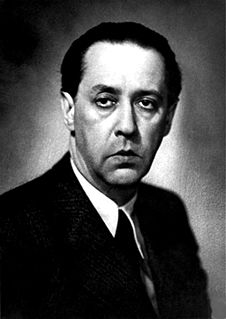A Quote by Paulo Coelho
He uses common sense to judge not the intentions of an action but its consequences.
Quote Topics
Related Quotes
Listen carefully to me. Despite popular belief to the contrary, there is absolutely no power in intention...There is no difference in the person who intends to do things differently and the one who never thinks about it in the first place. Have you ever considered how often we judge ourselves by out intentions while we judge others by their actions? Yet intention without action is an insult to those who expect the best from you.
Mathematics is often erroneously referred to as the science of common sense. Actually, it may transcend common sense and go beyond either imagination or intuition. It has become a very strange and perhaps frightening subject from the ordinary point of view, but anyone who penetrates into it will find a veritable fairyland, a fairyland which is strange, but makes sense, if not common sense.
Common sense is science exactly in so far as it fulfills the ideal of common sense; that is, sees facts as they are, or at any rate, without the distortion of prejudice, and reasons from them in accordance with the dictates of sound judgment. And science is simply common sense at its best, that is, rigidly accurate in observation, and merciless to fallacy in logic.






































